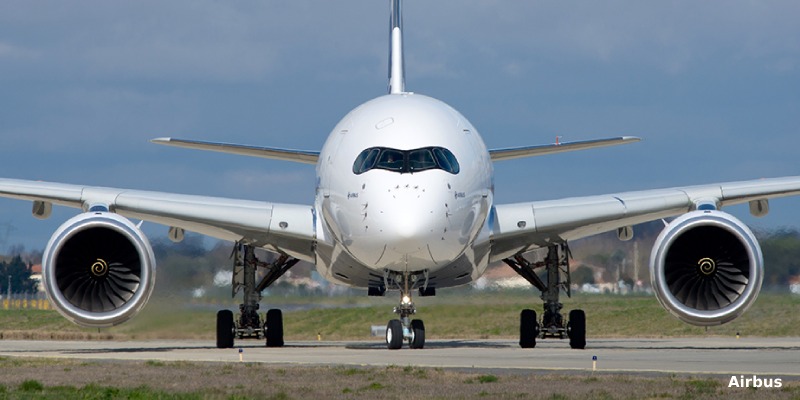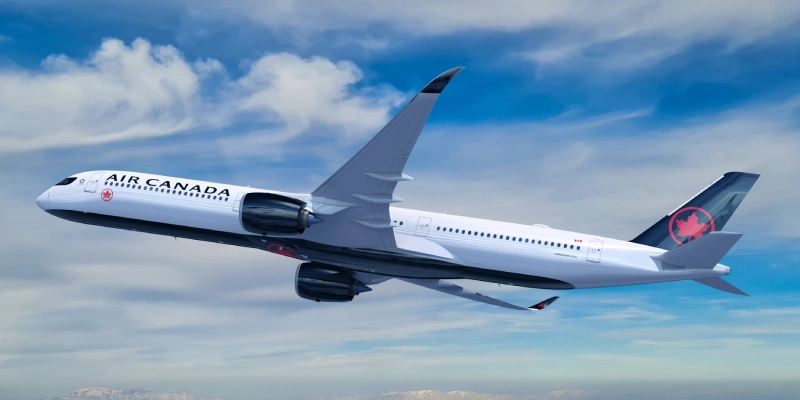The European Union is preparing a strong response if trade negotiations with the United States do not progress. According to the Financial Times, the European Commission plans to impose tariffs on Boeing aircraft as part of a list of U.S. products valued at nearly $100 billion annually.
The objective is clear: to pressure Washington into reducing tariffs on European products. This initiative, which still requires approval by a weighted majority of EU member states, would only be activated if the talks fail to yield significant progress.
Tariff Tensions Escalate
Brussels’ current stance is a reaction to the tariffs Europe faces in the U.S.: 25% on steel, aluminum, and automobiles, and 10% on most other goods, including aircraft. However, the latter tariff could double to 20% if the 90-day pause imposed by President Donald Trump is not renewed by the upcoming deadline of July 8.
The EU’s trade chief, Maros Sefcovic, made the bloc’s position clear on Tuesday: “We are not under pressure to accept an unfair deal with the United States.”
→ Ryanair Issues Warning to Boeing: May Cancel Orders if Tariffs Inflate Aircraft Prices
Risks for Airlines and Manufacturers
The potential imposition of these tariffs would directly impact European airlines, many of which have massive orders for Boeing aircraft. These companies are betting on the booming aerospace market, but a price increase due to new taxes could destabilize their expansion plans.
Industry sources have confirmed that the Commission will seek to level the playing field between Boeing and Airbus. This measure aims to counter the effects of U.S. tariffs and ensure fair conditions for both aviation giants.
Calls to Avoid an Aerial Trade War
Unlike the tariff dispute that plagued the sector between 2020 and 2021, both European and U.S. aerospace companies have issued a joint statement calling for the complete removal of tariffs. Cooperation between the two industries is seen as key to preventing an escalation of retaliatory measures that could harm the sector as a whole.
Related Topics
Airbus Closes 2025 with Profit Growth, 793 Deliveries, and a Record Backlog of 8,754 Commercial Aircraft
United Airlines’ Purchase Order for Airbus A350 Jets on Hold Following Legal Dispute with Rolls-Royce
Air Canada Confirms Order for Eight Airbus A350-1000s
EGYPTAIR Receives Its First Airbus A350-900

Plataforma Informativa de Aviación Comercial con 13 años de trayectoria.




